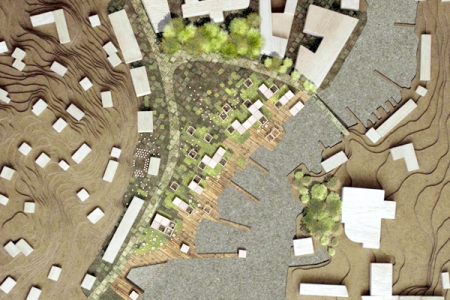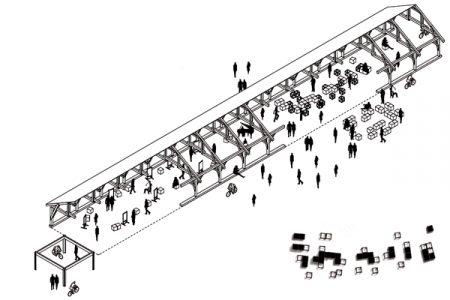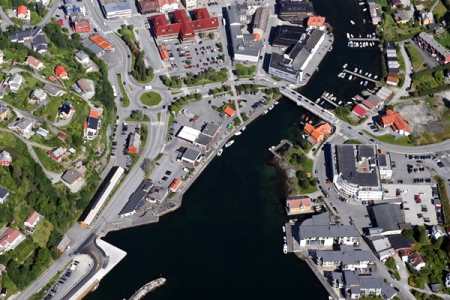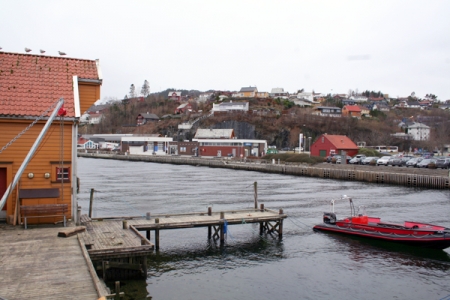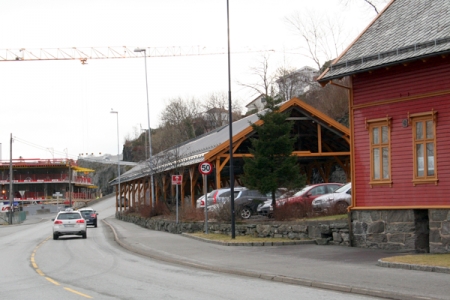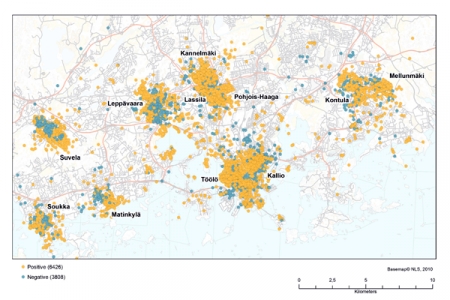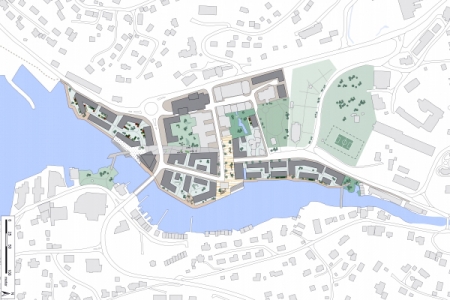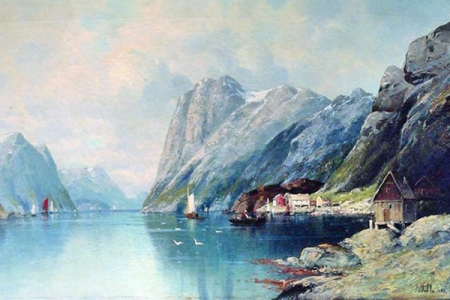Preparing Density
Os (NO) – Mentionné
DONNÉES DE L'ÉQUIPE
Représentant d'équipe : Bogdan Demetrescu (RO) – architecte
Collaborateurs : Denis Poloca (RO), Dragoș Mircea Nistor (RO), Alexandra Medana Oprea (RO), Bogdan Tudor (RO), Oana Simionescu (RO), Alexandru Voica (RO) – architectes
Unirii Square 5, 300085, Timișoara – România
+40 722 540 448 – dproiect@gmail.com
Voir la liste complète des portraits ici
Voir la page du site ici

B. Tudor, D. Poloca, A. Voica, A. Medana Oprea, O. Simionescu, D. M. Nistor, B. Demetrescu
INTERVIEW en anglais
Cliquer sur les images pour les agrandir
1. How did you form the team for the competition?
This team includes students and teachers of the Timisoara Faculty of Architecture and City Planning. The initiative belongs to the teachers of 8th semester design studio to challenge the students to perform under exceptional situations in a professional architecture competition.
2. How do you define the main issue of your project, and how did you answer on this session main topic: Adaptability through Self-Organization, Sharing and/or Project (Process)?
The project's local issue is the high increase in density that the area is expecting. Our project stands out as one of the few proposals that chose to keep the town centre dedicated to the community with fewer built structures in an attempt to increase the number of activities, interactions and events but allow for open spaces with a public character. The natural setting offered a lot of opportunities to create spatial events, which can enhance the experience of the town centre. Capitalizing on these resources helped us reestablish the relation between the community and the topological limits. The process we put forward relies on a few fixed interventions in the primary stages, rising density and the amenities offered by the site and is continued by a micro level strategy focused on small local entrepreneurs. People can rent small space for businesses and expand with the growth of the community and their enterprise. This results in an inclusive bottom-up process, which follows the development expected by the society.
3. How did this issue and the questions raised by the site mutation meet?
For the site in Os, we found the brief to be very compatible with the theoretical issues raised by Europan. The particularities of the site and the demographic context added more complexity layers to the process. Managing the solution from all these perspectives just made for a more complete design process and appropriate outcome.
4. Have you treated this issue previously? What were the reference projects that inspired yours?
In our previous projects we have engaged in urban planning and community development. Europan was a chance to continue our research and become more pragmatic. The particularities of the site and our desire to be as specific to the site as possible meant there is no particular project that influenced our work. We all try to keep up-to-date though with the trends in important concepts like managing density, reviving community centres and urban design.
5. Today –at the era of economic crisis and sustainability– the urban-architectural project should reconsider its production method in time; how did you integrate this issue in your project?
It is important to understand the economic implications of our proposals but our strategy is not one that would bring the most financial benefit for the community. We aim at providing a space that can expand and contract in coherence with the needs of the people. In response to this, fixed structures generating revenue and activity are accompanied by flexible ones assuring a constant level of activity on the site.
6. Is it the first time you have been awarded a prize at Europan? How could this help you in your professional career?
For the students, Europan 13 was not the first competition they took part in, but it was the first Europan edition and the most prestigious. The tutors had the experience of participating to previous editions with notable results. This experience has motivated us to have more faith in our own forces and participate in other competitions in the future. We are for sure going to participate in the future editions of the contest. Having a Europan title will surely help make more companies open towards internships, and will allow us having a better start in our careers.
